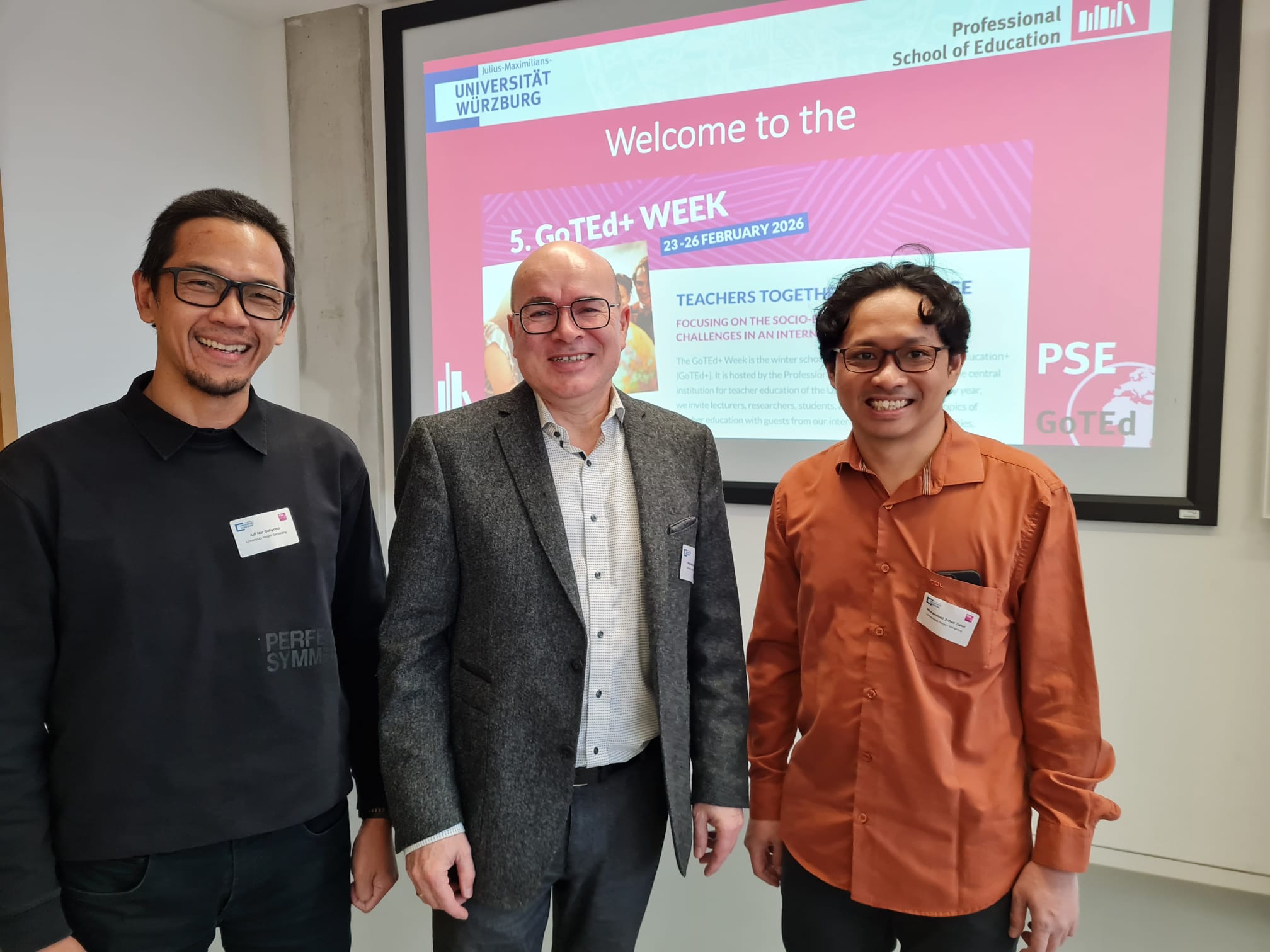Semarang (25/7), Faculty of Law, Universitas Negeri Semarang (FH UNNES) reads various current dynamics of law development by holding an International Conference on Indonesian Law Studies.
The activity that carries the theme of Current Issues of Indonesian Law Studies in a Global Context presents speakers from various countries.
Prof. Reid Mortensen, Professor of Law from the Southern Queensland University Law School, Australia, revealed that current law developments require experts and law practitioners to continue to hold ethics and morals. According to him, ethics and morals for the law profession become very important amid the current global currents.
In contrast to Reid, Prof. Abdul Samat Musa, Professor of the Faculty of Law and Sharia at the Islamic University of Malaysia, and Dr Mas Nooraini binti Haji Mohiddin, law expert of the Islamic University of Sultan Sharif Ali Brunei Darussalam, both saw the prospect of Islamic economic law in a global context.
Both asserted that one of the challenges in the civil and economic law of Islam was how to compete and answer the challenges in the international business world.
Prof. Yoshiki Kurumisawa, Professor of Law from Waseda University, Japan sees more specifically the law aspects of land ownership. According to him, current land issues are important because many cases occur in this regard. “How is the position of the government in the ownership of land for individuals, or the development in the name of the public interest, always a debacle”, said Prof. Yoskihi who is also the Dean of the Japanese Waseda University Law Faculty.
Prof. Sumanto Al Qurtubi, Professor of Cultural Anthropology from King Fahd University, Saudi Arabi, Dr. Vanitha Sundra Karean from Southern Queensland University of Australia, and Dani Muhtada MPA PhD from Universitas Negeri Semarang presents a discourse on the development of human rights and law protection, especially for minorities .
Prof. Sumanto who is also the founder of Nusantara Institute revealed that the fulfillment of human rights both in Indonesia and internationally still finds many obstacles, one of which is a different law system. In line with Prof. Sumanto, Dr. Vanitha said that the problem of law systems that differ between countries, especially in the Asia Pacific region, is a challenge which until now is still being sought for a way out.
Dean of FH UNNES, Dr. Rodiyah SPd SH MSi in her remarks revealed that the problems and development of law must be viewed carefully and precisely, so as to be able to provide solutions not only for Indonesia but the international community at large. “Through this activity, we hope to provide a forum for experts to exchange and provide solutions to existing law problems,” said Rodiyah.
This international conference activity was also attended by student participants from several countries, such as Japan, Malaysia, Brunei Darussalam, Malaysia, and Libya.
18
Aug



